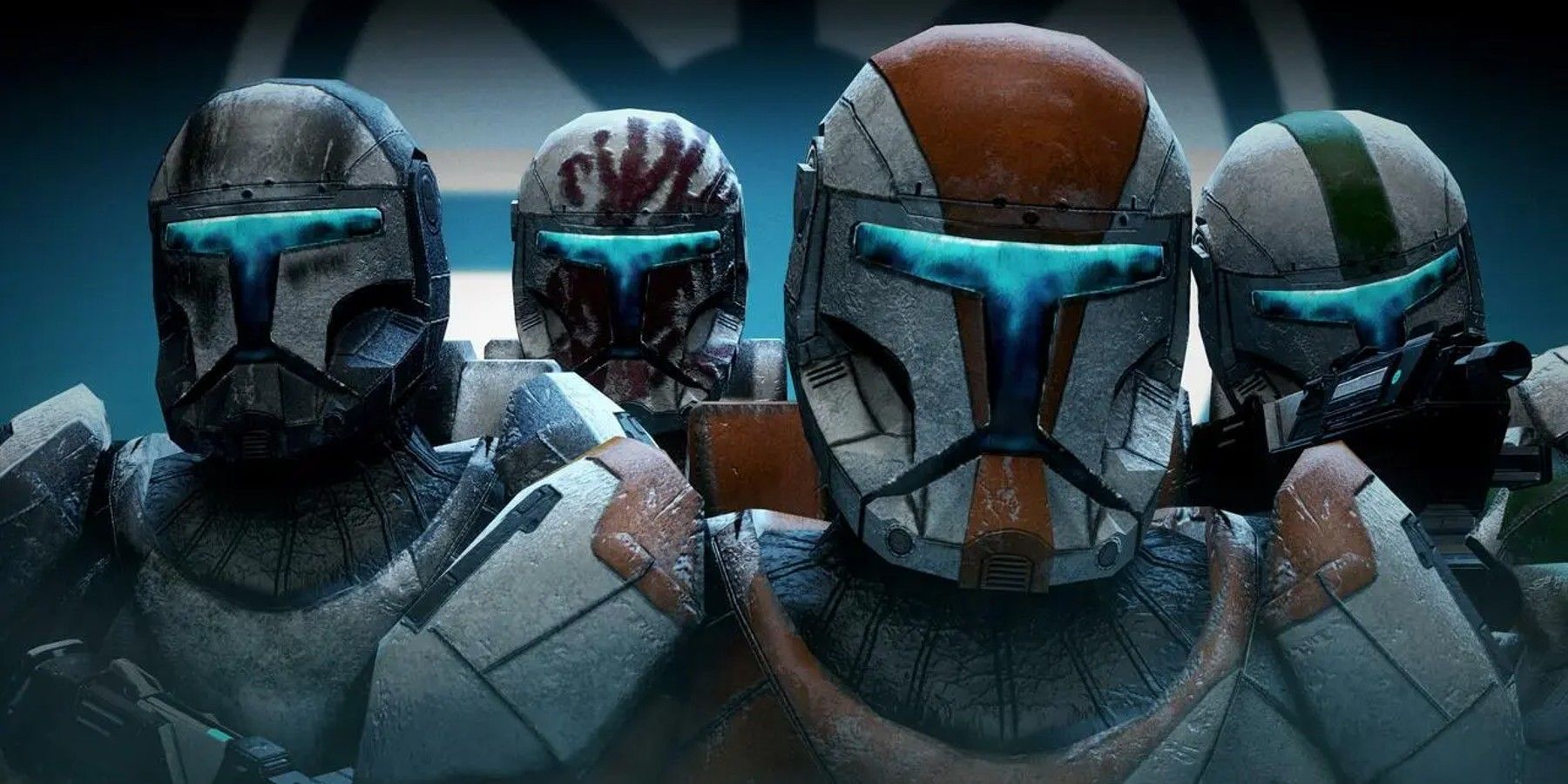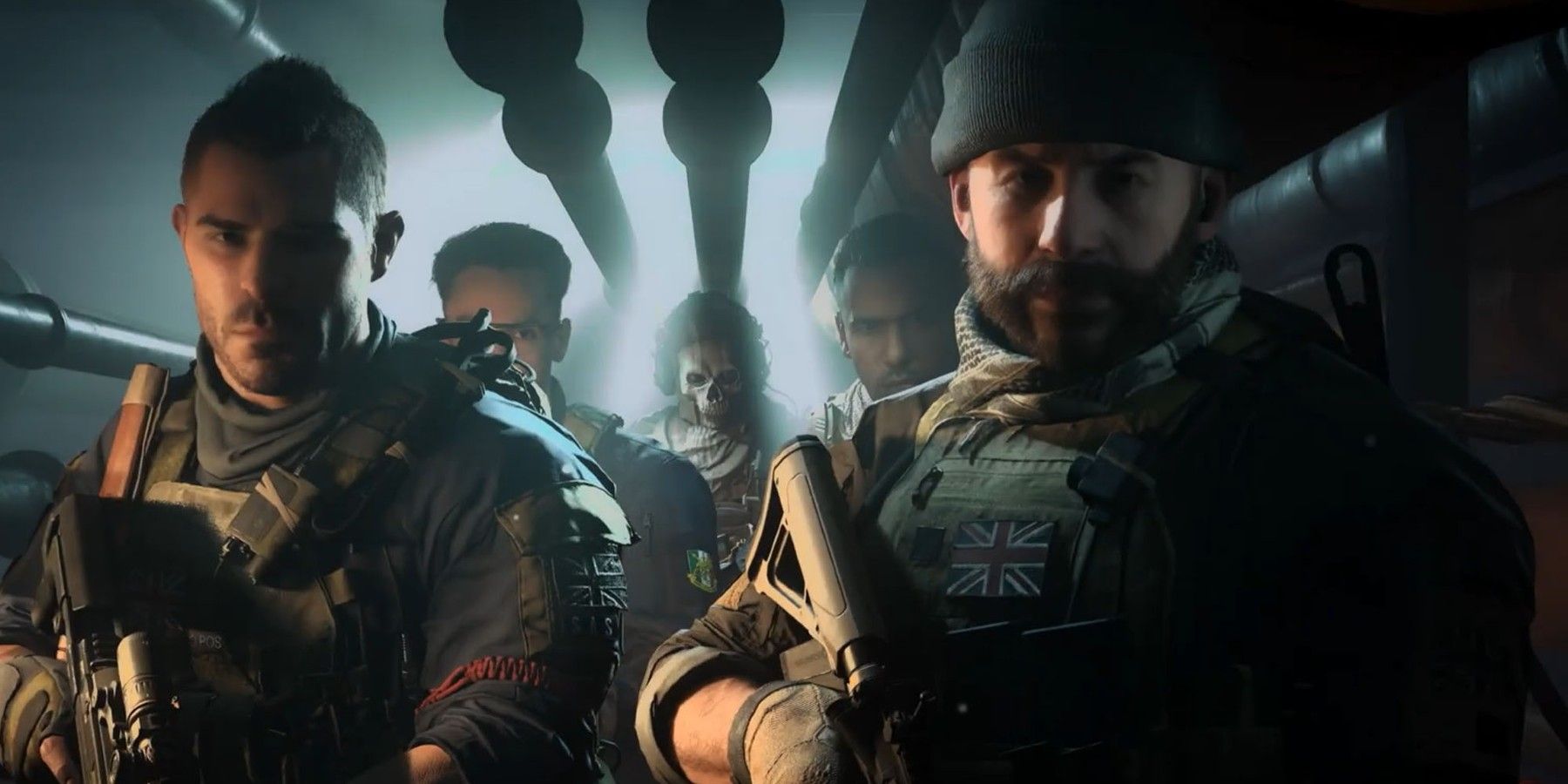Tropes, by their very definition, are pretty much everywhere, and that's especially true for the gaming industry. Through certain mechanics, plot beats, or character choices, many games end up sharing a common feature. When that common feature runs through a plethora of titles, it becomes a trope, and the gaming industry is full of them. One of the most interesting gaming tropes is the 'Elites are more glamorous' trope, which can be found in practically every military shooter to ever release.
From Call of Duty to Halo to even Mass Effect, the 'Elites are more glamorous' trope can be found in just about any game in which players control a character who's in the military, or who holds some form of rank. The player never gets to control just an average foot soldier; instead, they always assume the role of an elite operative, with better skills and equipment.
What is the 'Elites Are More Glamorous' Trope?
The 'Elites are more glamorous' trope essentially boils down to games putting players in the position of an elite, specially trained soldier. There are many layers to this trope and its purpose, but the surface layer is that playing as an elite soldier is simply more 'glamorous' than playing as a standard foot soldier, with more opportunity for action set pieces, and a general sense that the player-character is more important because of their rank and their division.
While this trope can be found across a variety of different gaming genres, it's most prevalent in military shooters. In military games, players rarely assume the role of an average foot soldier unless the game is trying to make a statement. For instance, the opening of Battlefield 1's campaign sees players take control of multiple average soldiers in World War 1, switching characters when one dies. As the opposing forces close in, these changes in perspective happen more frequently. This is done to show the brutality of World War 1, and represents the likelihood and frequency of death during the war.
In most military shooters, players assume the role of some type of spec ops soldier. For games set in World War 2, this tends to be the SAS, and for games set during modern conflicts, this is often the Navy SEALs. Sci-Fi military shooters still adopt the 'Elites are more glamorous' trope, with players usually getting to control some kind of super soldier, often part of a team that specializes in one particular area.
Aside from the ability to produce more spectacular set pieces, there are a few reasons why the 'Elites are more glamorous' trope has persisted throughout gaming history. One of these reasons is that elite soldiers have more training, and thus it's more believable that they'd be able to take on the hordes of enemies that are thrown at the player. The better equipment and weapons that come with a position in an elite group also make these characters more fun to control.
The 'Elites are more glamorous' trope doesn't just include player-characters; it's also used for the types of enemies that players face off against. In lifelike military shooters, players very rarely face off against enemies that have little training and basic equipment. Instead, they tend to face off against their own elite group's antithesis. For instance, in modern military shooters, players are often pitted against Russian Spetsnaz forces, who have a similar level of weaponry and skills at their disposal. Gameplay-wise, this is done so that the player has a fair challenge, but in terms of the game's tone, this also makes the combat feel more satisfying, and helps to make the player feel as though their violent actions are more justified.
The Best Examples of the 'Elites Are More Glamorous' Trope in Video Games
By far the most obvious example of the 'Elites are more glamorous' trope in video games is the Call of Duty franchise. Prevalent in just about every game in the series, this trope sees players control SAS operatives, Shock Army officers, soldiers of the Guards Division, and Army Rangers, all of which embark on special missions that troops in the regular armed forces wouldn't get to see. The Modern Warfare series even sees players assume the role of several members of Task Force 141, the franchise's most iconic special ops unit. As part of Task Force 141, players have access to a range of high-tech weaponry and gadgets, and get to experience a range of thrilling mission set pieces.
Microsoft's Halo franchise is also one of the most obvious examples of this trope. Through the mainline entries, players take control of the Master Chief, an elite super soldier who was part of the Spartan program. Throughout the series, players are constantly made to feel as though they're the most powerful figure in the game, with regular Marine soldiers directly commenting on the Master Chief's higher level of skill and power. The 'Elites are more glamorous' trope also extends to other Halo properties, with Halo 3: ODST putting players in the boots of a special team of ODSTs, and Halo Reach seeing players join up with an elite squad of Spartans.
Even the Star Wars franchise has used this trope before. Star Wars: Republic Commando assigns players the role of an elite Clone Commando, and gives them command of a whole squad of other commandos. Not only do players have access to their own unique set of elite weapons, but they're also able to take advantage of the rest of their squad's abilities as well, paving the way for some memorable set pieces. Much like Halo, players will encounter regular Clone soldiers, some of which make direct reference to the player's higher status.
Interestingly, the Gears of War franchise actually flips the 'Elites are more glamorous' trope on its head. Despite getting into some extremely dire situations, and being the direct cause of some of the universe's major events, Gears of War's Delta Squad isn't actually part of any elite squad. They're just one infantry squad of many. Gears of War even pokes fun at the 'Elites are more glamorous' trope, as any time the elite Onyx Guard appears, they're killed instantly.






